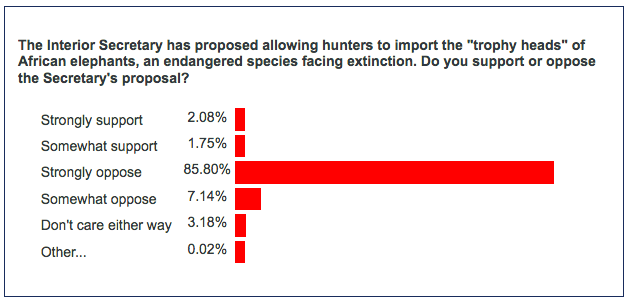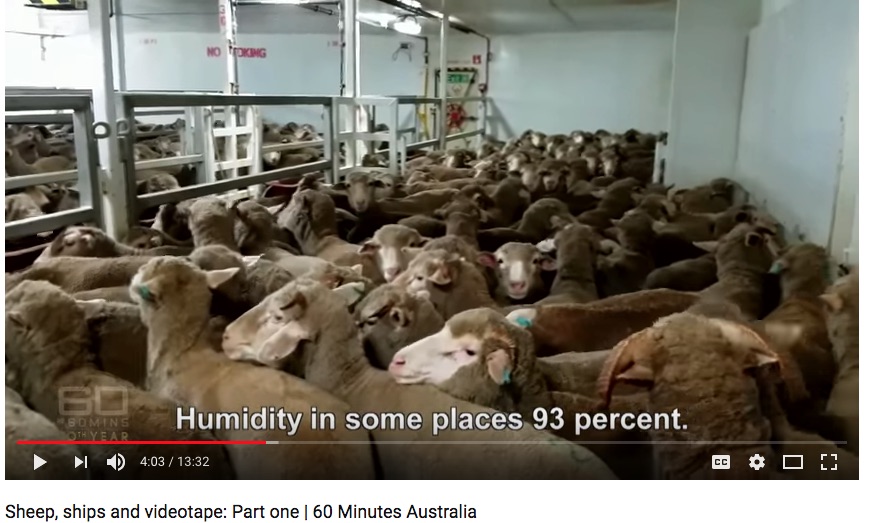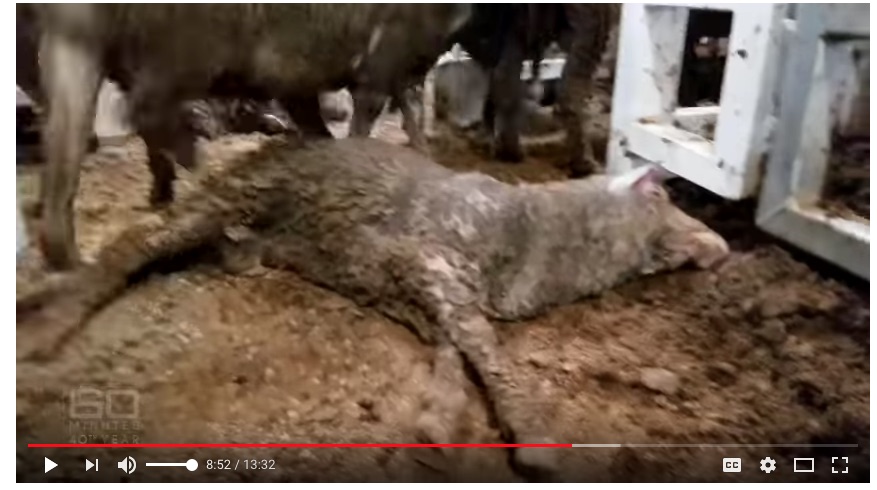Crime and Cruelty in the Supply Chain Industry #MyBrokenSupplyChain
It’s not an exaggeration to say that crimes are being committed every day in the supply chain. Some crimes however are more appalling than others.
Video footage has emerged showing horrendous and unsanitary conditions for livestock being shipped overseas from Australia to the Middle East. Taken on a cellphone by a crew member, the clip shows animals tightly penned in, and standing in excrement for weeks on end, among other, even more disgusting conditions. Click on the images to see the full video.
The sheep, thousands of them, are shipped regularly. It’s a $250 million dollar annual business for Australia. The conditions do not comply with regulations, and despite the presence of a veterinarian on board, the animals sometimes suffer badly. Dying animals are supposed to be euthanized, and dead animals are thrown overboard.
I found these videos disturbing. The cruelty of being forced to stand, crowded, overheated, and without sufficient access to water for weeks on end, or to lay and even die in one’s own excrement is not what we think of when we shop for meat at the market.
"On one voyage, more than 800 sheep died in a day from heat stress. “ “That’s one every two minutes”. " The vet couldn’t keep up."
Would consumers knowingly want to buy the meat of these animals? I would not and I doubt many would be enthusiastic about such food. The American public is increasingly concerned about animal rights and animal abuse. This poll, conducted in a Republican leaning district in SW Florida in Nov 2017, indicates an overwhelming support for animal protection.

The shipping industry is part of the food supply chain - a core business for many readers of this publication. What obligations do members of the supply chain industry have to consumers and to animals. They’re not just commodities, but living beings.
Does the supply chain industry have a duty to expose and report these types of conditions? What do you think? Beyond the RFID labels and barcode tags and scanners that this industry runs on, don’t we have an obligation to report this type of activity? If we don’t, what does that say about us?
Now, I’m sure that many corporations have a non-disclosure clause built into their contracts preventing disclosures of this type. How do we deal with that? Doing nothing is not an acceptable option for many people. Do we secretly record with our cellphones and upload the video to a dropbox at 60 Minutes, or the NY Times? Maybe attach or embed a hidden camera that takes a picture every few minutes, to track what goes on? What do you do when you realize that you’re part of an operation like this? Are you complicit? Do you just hope and pray you don’t get exposed?
It's up to each of us to decide what kind of behavior we can tolerate. One way to decide is by something called the "NY Times test" - it goes like this. If what you were doing (perhaps as a company in the supply chain), were to be published on the front page of the NY Times, would you be okay with that? If the answer is no, then you shouldn’t be doing it.
I’d like to think that no one in their right mind would help any group tag and track child laborers, or ANY human being who was being held and exploited without their consent. How about animals? Where would you draw the line? Reader comments for publication are invited - please use the form on the Footer menu below to share them.
Sources: 60 Minutes Australia - https://www.youtube.com/watch?v=m1V96Y533Ds
By Craig L Aberle, Owner, Barcode.com
Also by the same author #MyBrokenSupplyChain - Hurricane Woes
More articles:


